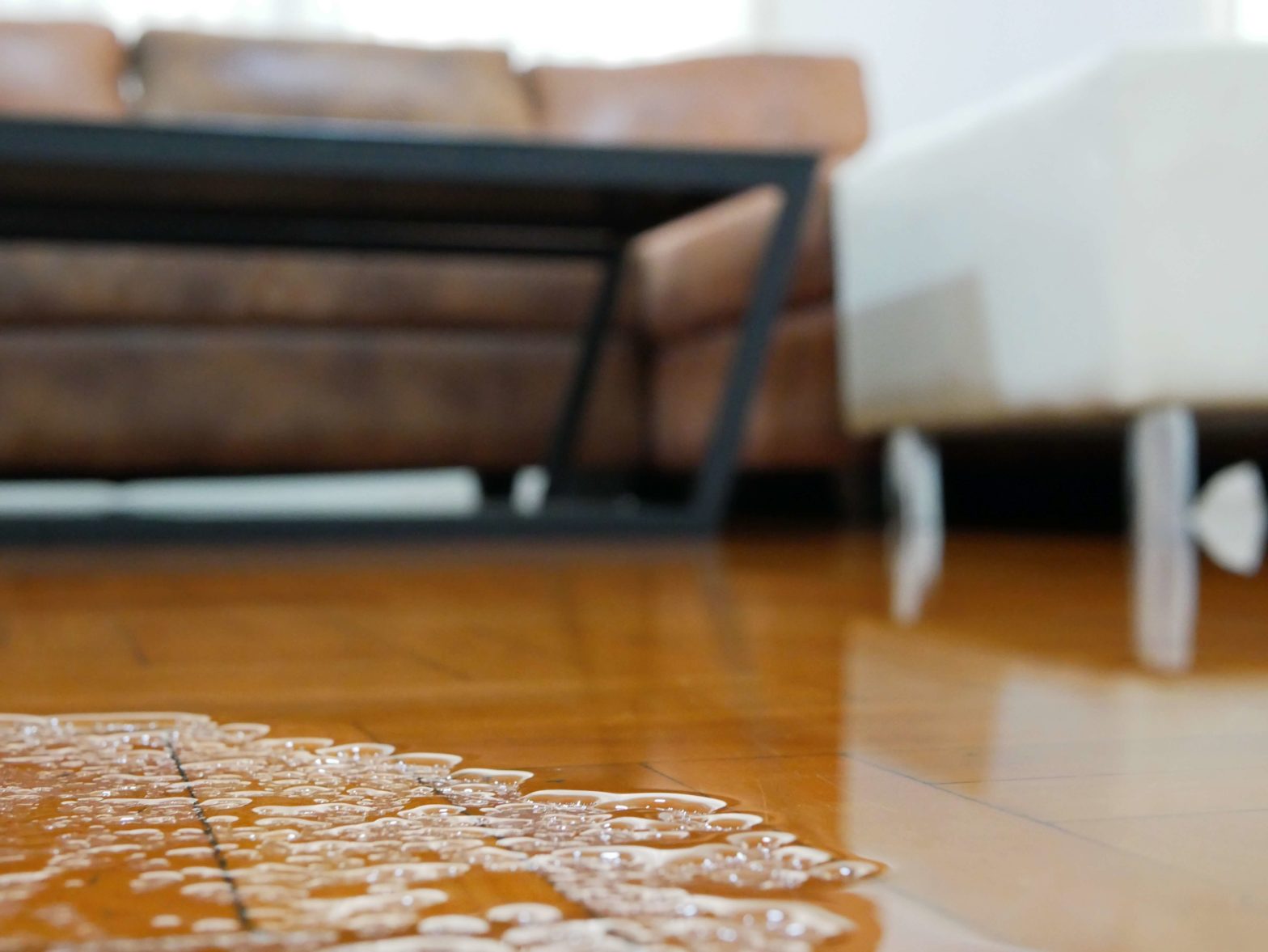Preventing Water Damage at Your Property
August 10, 2022
One of the most common causes of water damage within your property is often preventable. After all, this form of damage isn’t always due to heavy rainstorms, flooding, or melting snow. Rather, water damage often stems from a lack of home maintenance.
What’s worse, such damage is usually excluded from your homeowners coverage if the cause is connected to poor maintenance practices. As a result, if you go to file a homeowners insurance claim you’ll likely get denied and left paying for the repairs out of pocket. With this in mind, be sure to follow our guide to keep water damage from wreaking havoc on your home (and your wallet).
Tips for Preventing Water Damage
Know the location of your water shut-offs
Make sure you know the location of your property’s main water shut-off valve. This will allow you to respond quickly and efficiently in the event of a water disaster, such as a burst pipe. If you’re renting out your home then make sure your tenant is familiar with the water shut-offs located around the property.
Monitor your appliances
Have appliances such as water heaters, showers, tubs, toilets, sinks, dishwashers, refrigerators, and washing machines reviewed on a routine basis by a qualified professional. Make repairs as needed and replace items that have exceeded their lifespan.
Also, if your refrigerator includes an ice machine or water dispenser, analyze the hose between the wall and the refrigerator for signs of pinching or stress. Make adjustments if needed.
Lastly, it’s important to have an open line of communication with your tenants so they can inform you if a leak is occurring on the property.
Fill in any gaps or cracks
Check the caulking surrounding showers, tubs, sinks, and toilet bases. It’s important to reseal any openings to avoid any condensation and water build up. This can lead to mold growth and water damage.
Check your sump pump
Ensure that your sump pump is in good condition and operating properly. Consult a qualified professional if any problems are detected.
Clean your roof and gutters regularly to prevent ice and debris buildup. Ideally, your gutters should be cleaned out once the leaves have fallen. This way you can prevent moisture buildup and possible leaks.
In addition, monitor your roof for loose shingles or other damages and make repairs as needed.
Bottom Line
Apart from these practices, review your homeowners insurance policy with an insurance professional to ensure you’ll be adequately covered if sudden or accidental water damage occurs within your home. Keep in mind that some specific causes of water damage—such as flooding and sewer backups—are typically excluded from standard homeowners policies and often require additional, specialized coverage. For more home maintenance guidance and homeowners insurance solutions, contact Property Insurance HQ today.
Get a Quote Here
